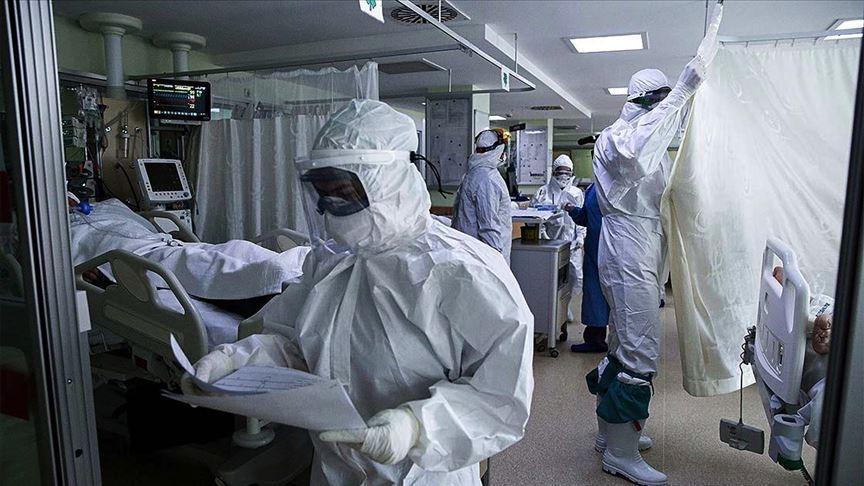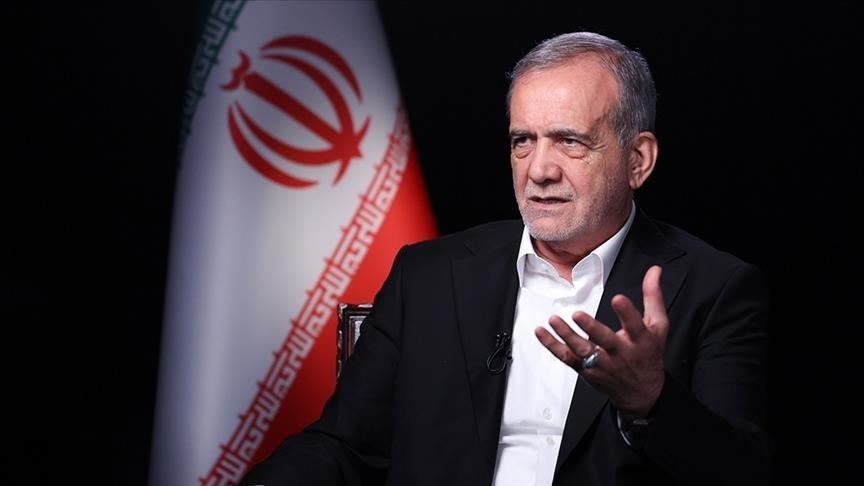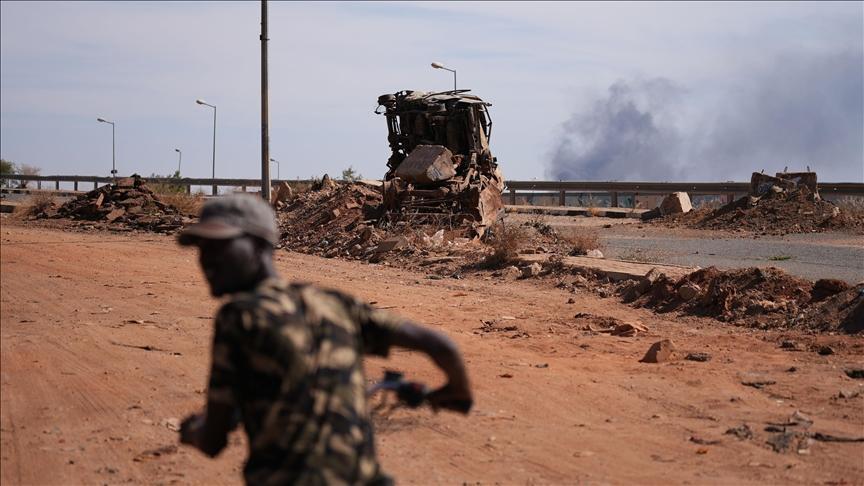Is there a climate change?
Deeply concerned about the acute human rights violations and sheer bloodbath continuing in the neighboring country of the no longer “brother Assad,” the high echelons of the Turkish hierarchy of power were busy discussing Syria diplomacy with visiting U.N. and Arab League envoy Kofi Annan while an Istanbul court decided to put a full stop to a 375-day period of torture and release journalists Nedim Şener, Ahmet Şık, Coşkun Musluk and Muhammet Sait Çakır, who were under arrest in connection with the so-called OdaTV case.
In Ankara, on the other hand, moments before the statute of limitations on the Sivas massacre of 19 years ago was to expire, thousands gathered in front of the “Justice Palace” to declare loudly that the statute of limitations should not apply to crimes against humanity. However, the ruling Justice and Development Party (AKP) majority in Parliament, including those deputies implicated in the July 2, 1993, Madımak tragedy in Sivas, remained inactive and let the time pass to drop the case all together. The justice minister of the country, unfortunately, was of the opinion that only five criminals would benefit from the expiry of the statute of limitations and thus there was no need for special legislation. Still, he could not explain how it happened that one of the accused lived next to a police station for more than a decade and peacefully died in his bed while another of the accused did his military service, married a woman and established a business while he was presumably on the run.
But, Turkey is very much worried by the continued bloodbath and gross human rights violations in the neighboring country of “bloodthirsty Essed.”
“What’s in a name?” Shakespeare asked in Romeo and Juliet. “That which we call a rose by any other name would smell as sweet.” In modern Turkey, however, not a different name but just a letter appears to have tremendous functionality in transforming someone from “brother Assad” to “enemy Essed.”
The release of Şener, Şık and two other friends after 375 days has placed all of us in a rather confused state of mind. I hope none of the released friends would take it as an insult as there is no such intention, but the situation has reminded me of the Nasreddin Hodja story about the lost and found donkey. What did Hodja say in that folk tale? In order to make the blessed peasant happy, God first let’s his donkey get lost and then helps him find it.
The photograph depicting the joy of Nedim Şener, holding the small hand of his daughter and accompanied by his wife while walking as a free man to the primary school of his daughter, brought a tear to my eye and reminded me once again of the fundamental teaching that injustice done to one person is injustice done to all of humanity.
A human tragedy is continuing in Syria. That human tragedy is not a single-handed product of the Bashar al-Assad regime in Syria. Including Turkey, several countries have been providing all kinds of support – that is not limited to cash and arms supplies – to the Syrian rebel groups and every sort of encouragement and incitement to facilitate a regime change in the neighboring country through violence. A time will come when all the dirty deals behind the so-called Arab Spring that has turned the region into a cauldron will be exposed. Will it be another WikiLeaks or the Stratfor sham? As is said, if we sit long enough on the banks of a river, we shall see reality passing by…
But does the release of Şener, Şık and the other two journalists demonstrate a changing climate in Turkey? What an awful question!











